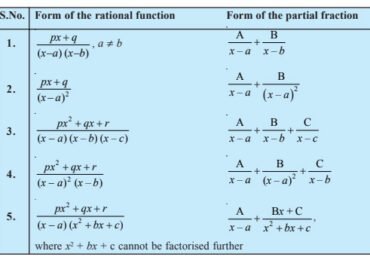The teaching profession is currently undergoing a massive transformation. Gone are the days when the majority of teachers held undergraduate degrees in education, spent one year in on-the-job training, and chose a school where they’d spend a decade or more on the staff. Today’s teachers are mobile, versatile, and are working in a large number of new and old fields, including online tutoring from home, adult education, special ed, correctional system classes in prisons and jails, and more.
If you’re thinking about taking the plunge and becoming a teacher, it’s a good idea to select the general field first, and then figure out how to finance your schooling. After that, you’ll have a rather large menu of choices, even if you specialize during your degree work. That’s because licensed instructors are in high demand. Here’s a short overview of how to pick a niche, pay for college, and then select among the most common areas of practice.
Choosing Your Niche
You need not commit to a lifelong career when you prepare to earn a degree. But, it’s wise to think long and hard about where you want to spend the first few years after graduation. For instance, if your dream is to work in special ed with developmentally disabled students, consider doing research about what some of the unique requirements are for getting a special ed educator’s license.
Generally, selecting a specialty means considering all the major fields of instruction, which include pre-school, grade school, high school, college/university, trade schools, adult learners, online instruction, and special populations like incarcerated adults or teens. Simply becoming acquainted with the choices will help you come to terms with what it is you truly want to do within the broad career field open to teachers.
Getting and Paying for the Right Degree
Starting out, make a detailed plan about how you intend to pay for schooling, where you plan to attend, and how long you expect to spend obtaining your diploma. If you already have a year or two of college behind you, all the better. Or, perhaps you currently have a four-year diploma and are aiming at a master’s or doctorate in order to become a university-level instructor.
Whatever your particular situation, the most efficient way to pay for schooling is to apply for a student loan through a private lender. You can do the entire app online and get a fast response. Plus, today’s student loans offer competitive interest rates, sensible repayment schedules that typically don’t begin until after you graduate, and payments that fit any budget.
K-12
The vast majority of the nation’s teachers work in K-12 environments. Children as young as five attend kindergarten while high school seniors are usually 18 years old. In most developed nations, these years of schooling are mandatory, which is why the pupil population includes millions of youngsters in any given year.
University Level
Jobs for post-secondary positions usually require advanced degrees, often PhD’s but at least master’s diplomas. It’s quite common for instructors at this level to have several years of K-12 experience before they enter the university system. Pay scales at the university level are among the highest for all jobs in the education field.
Adult Learners
Cities, states, and counties offer remedial coursework for adults who never completed grade school or high school. Most of these sessions are held in the evenings to accommodate the work schedules of learners. Often, you need only a college degree and a certificate from the state in order to teach these courses.
Online Only
One of the newest areas for anyone who wants to test the waters of the education profession is online instruction. There are positions for high school grads but you’ll get the best pay and a wider choice of positions if you have a four-year diploma on your wall. Most online work is subject-specific, meaning you might only be working with math, history, science, or language arts students. Also Read – Expert Advice on How to Get into Grad School You Want
Special Ed

Working with developmentally disabled learners can be one of the most rewarding careers of all. Often, you need to have additional coursework besides a four-year degree. However, several colleges now offer special-ed degrees within their liberal arts departments.
Special Populations
The growing prison population has created a significant demand for teachers who want to work in all types of correctional institutions. The only additional qualifications you need are passing a thorough criminal background check before being hired.








